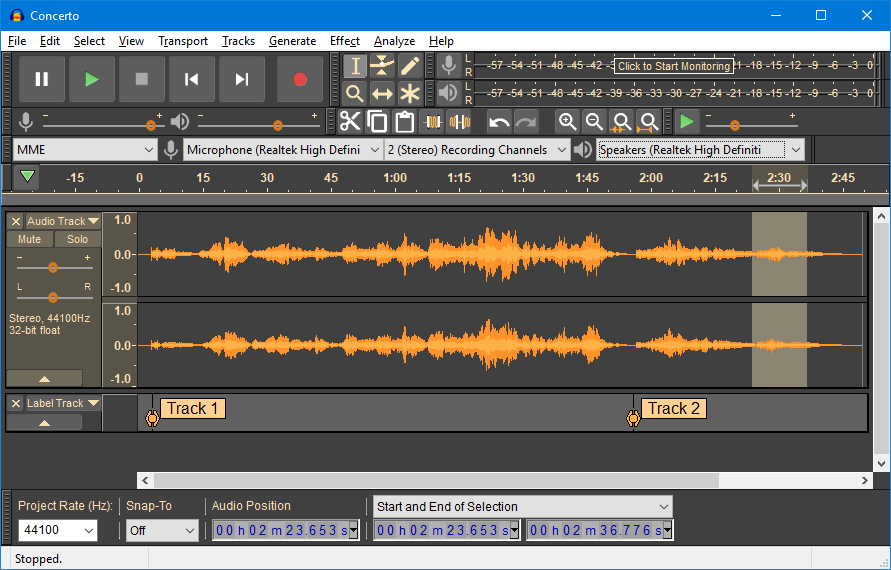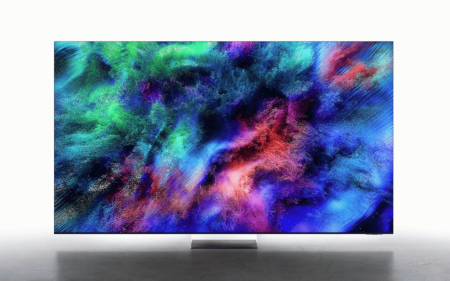Audacity, an open-source audio editing tool, was recently bought by Muse Group. It also owns Ultimate Guitar, a community-driven forum for sharing guitar tabs of popular songs and MuseScore, an open-source app for creating sheet music.
The acquisition itself was not the issue. The updates to its privacy policy, however, caused a bit of a stir online. The wording of the changes makes it seem like Muse Group wants to join the data collection club. Since we use Audacity quite a bit, we’re also scratching our heads at this.
The gall, the Audacity

 The privacy policy was updated just after the acquisition on 2 July and now shows that, should you install the app, Muse Group have the right to collect info on your OS, CPU and your public IP address. Further down the policy it also states,
The privacy policy was updated just after the acquisition on 2 July and now shows that, should you install the app, Muse Group have the right to collect info on your OS, CPU and your public IP address. Further down the policy it also states,
“All your personal data is stored on our servers in the European Economic Area (EEA). However, we are occasionally required to share your personal data with our main office in Russia and our external counsel in the USA.”
The policy also states that your data can be shared with “any competent law enforcement body, regulatory, government agency, court or other third party where we believe disclosure is necessary”. The last part of that, ‘other third party’ seems very open-ended. That could basically be anyone.
But then, almost as if there was a mass exodus of people dropping its program, Muse Group released a statement. In it, a spokesperson says that it was all just a misunderstanding because the policy wasn’t worded properly and everyone should just be, like, chill about it man.
Muse Group isn’t like those other companies that do bad things – Muse Group (probably)
The spokesperson reassured us that while Muse Group does collect our info, it pinky promises it won’t sell it to anyone and it will only keep your IP address for 24 hours. Why an offline audio editor needs your IP address is beyond us.
While that may all be fair enough, that isn’t even half of it. Audacity is supposed to be open-source, meaning that the code that it’s based on can be viewed and edited by anyone.
Now, however, the new ‘owners’ also introduced a Contributor Licence Agreement (CLA) which has to be signed if you wish to contribute. This means any code contributors submit will be entirely owned by Muse Group. That doesn’t sound very open-source to us.
Muse Group says this is to allow it to distribute Audacity “on all platforms and through as many distribution channels as possible.” Which, while admirable, relies entirely on the contributors trusting it not to turn around and start charging for it using their code.
If that weren’t enough it also added a clause in the privacy policy trying to exclude users under the age of 13 from using the app, maybe because collecting data from them is too troublesome? Whatever the reason, it goes against the General Public Licence (GPL) under which Audacity is released. This could be why Muse Group want to change that with it CLA.
So then, these changes — whether they be for better or worse — have certainly divided the community, some of which have been contributing to Audacity since its initial release in 2002.
Will we see a fork, from which a whole new app is born? Sounds like the start of a sci-fi movie, and it gives you more choice, so we won’t say no.




